Hebdo attack: 10 years on, are we all still 'Charlie'?
Terror attack on French satirical magazine united the Western world in defence of free speech, but a decade on some claim 'the killers have won'
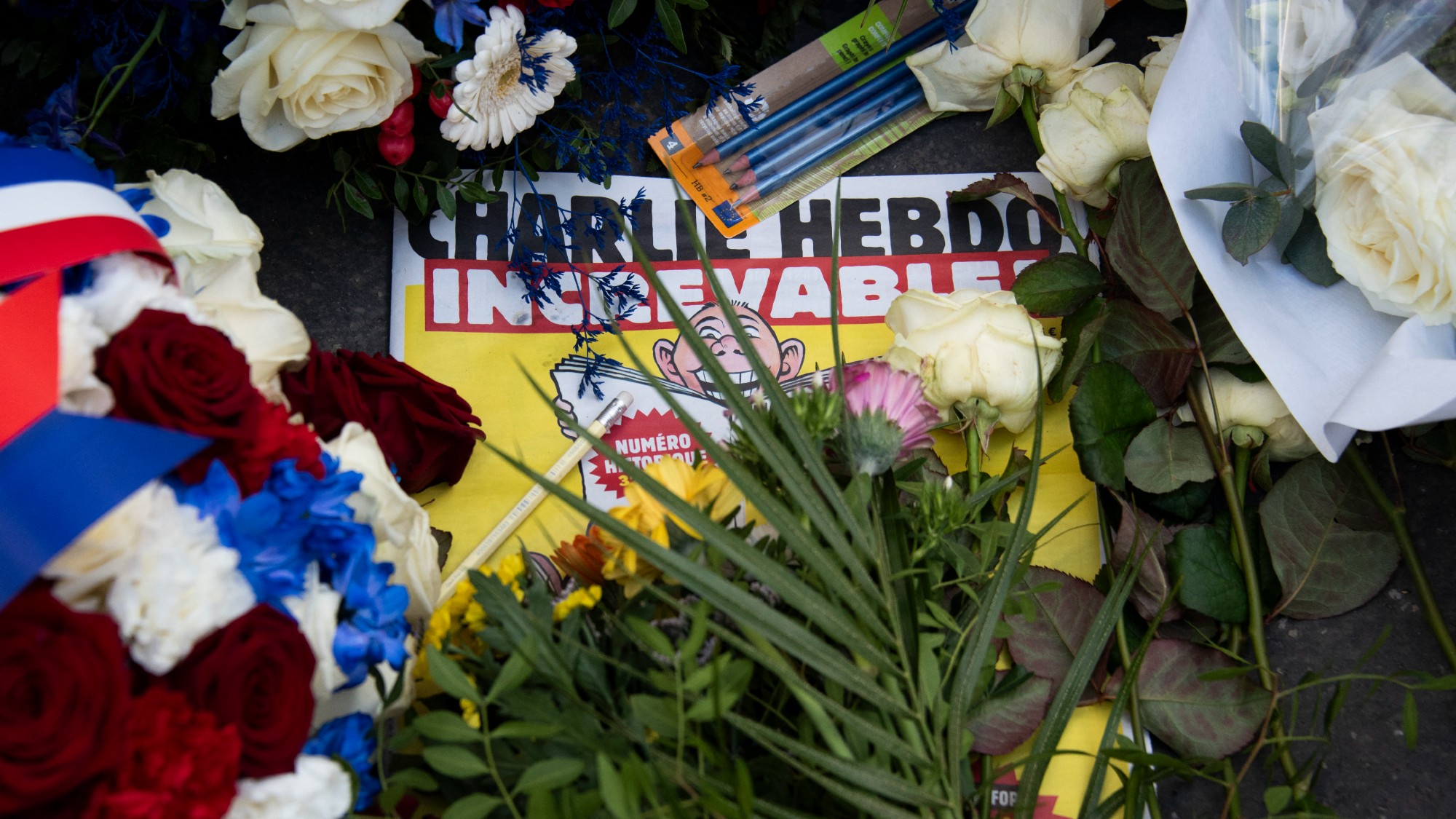
A free daily email with the biggest news stories of the day – and the best features from TheWeek.com
You are now subscribed
Your newsletter sign-up was successful
The French satirical weekly Charlie Hebdo marked the 10th anniversary of a deadly terror attack on its office with a special edition featuring a cartoon contest inviting entrants to lampoon God.
Editors called on cartoonists to submit their "funniest and meanest" depictions of God, in a "bid to show they had lost none of their provocative defiance" since Islamist attackers shot dead eight of the magazine's employees, as well as a visiting guest, a maintenance worker and two police officers, said The Telegraph.
'Tempering satire'
In the immediate aftermath of the attack, the slogan "Je suis Charlie" (I am Charlie) became a catchphrase to express solidarity with the publication and support for free speech, but that support has steadily fallen, said The Economist. In a survey carried out in France last year, only 58% of those polled agreed with the statement "Je suis Charlie", down from 71% in 2016.
The Week
Escape your echo chamber. Get the facts behind the news, plus analysis from multiple perspectives.

Sign up for The Week's Free Newsletters
From our morning news briefing to a weekly Good News Newsletter, get the best of The Week delivered directly to your inbox.
From our morning news briefing to a weekly Good News Newsletter, get the best of The Week delivered directly to your inbox.
Over the last decade, there's been a "remarkable shift" away from "unequivocal denunciation of the Charlie murders", said Andrew Hussey in Unherd. By 2020, a poll found that 31% of the French population thought that Charlie Hebdo had brought the attacks on themselves through a "useless provocation".
This "may reflect a more general trend" in the West of "growing intolerance for causing offence", said The Economist. "Self-censorship", rather than the law, now "tempers satire". "The killers have won", said Brendan O'Neill in The Spectator. Where they saw "blasphemy", we see "Islamophobia", and "where they believed such unholy utterances should be punished by summary execution", we "prefer to punish them with bans or fines or social ostracism".
The ambivalence towards the Charlie Hebdo massacre represents a "fundamental change" in how "erstwhile progressives understand their society", said Hussey. The far-Left has "broadly drifted away from outright support for Charlie’s right to blaspheme" and French liberals "aren't much better". Laurent Sourisseau, the magazine's director and a survivor of the attack, said that the French left has "beaten all the records of cowardice and denial".
'Laughter and courage'
Charlie Hebdo now operates from a secure and secret location, and its editor lives under police protection. Yet "it's still courting controversy", said Sky News, with content that it considers "light-hearted impudence", but which others will maintain are "profoundly offensive".
A free daily email with the biggest news stories of the day – and the best features from TheWeek.com
It is "impossible to ignore" how "fleeting" the "Je suis Charlie" moment proved to be, said Freddie Attenborough in The Critic. But free speech should not be a "privilege to be granted or withdrawn based on whose feelings are hurt" because "it is a cornerstone of democracy" and "indispensable for questioning power, dogma and orthodoxy".
Charlie Hebdo has become "a symbol" of "freedom of speech in the face of Islamist barbarism", of "laughter in the face of terror", and of "courage", said Tom Slater in Spiked. So on this "awful anniversary", let's all "speak more freely – and fearlessly – than ever before", because a decade on, Charlie Hebdo "lives", and "so long as we all stand up for freedom of speech, no one can kill it".
Chas Newkey-Burden has been part of The Week Digital team for more than a decade and a journalist for 25 years, starting out on the irreverent football weekly 90 Minutes, before moving to lifestyle magazines Loaded and Attitude. He was a columnist for The Big Issue and landed a world exclusive with David Beckham that became the weekly magazine’s bestselling issue. He now writes regularly for The Guardian, The Telegraph, The Independent, Metro, FourFourTwo and the i new site. He is also the author of a number of non-fiction books.
-
 6 exquisite homes with vast acreage
6 exquisite homes with vast acreageFeature Featuring an off-the-grid contemporary home in New Mexico and lakefront farmhouse in Massachusetts
-
 Film reviews: ‘Wuthering Heights,’ ‘Good Luck, Have Fun, Don’t Die,’ and ‘Sirat’
Film reviews: ‘Wuthering Heights,’ ‘Good Luck, Have Fun, Don’t Die,’ and ‘Sirat’Feature An inconvenient love torments a would-be couple, a gonzo time traveler seeks to save humanity from AI, and a father’s desperate search goes deeply sideways
-
 Political cartoons for February 16
Political cartoons for February 16Cartoons Monday’s political cartoons include President's Day, a valentine from the Epstein files, and more
-
 The UK expands its Hong Kong visa scheme
The UK expands its Hong Kong visa schemeThe Explainer Around 26,000 additional arrivals expected in the UK as government widens eligibility in response to crackdown on rights in former colony
-
 Le Pen back in the dock: the trial that’s shaking France
Le Pen back in the dock: the trial that’s shaking FranceIn the Spotlight Appealing her four-year conviction for embezzlement, the Rassemblement National leader faces an uncertain political future, whatever the result
-
 Biggest political break-ups and make-ups of 2025
Biggest political break-ups and make-ups of 2025The Explainer From Trump and Musk to the UK and the EU, Christmas wouldn’t be Christmas without a round-up of the year’s relationship drama
-
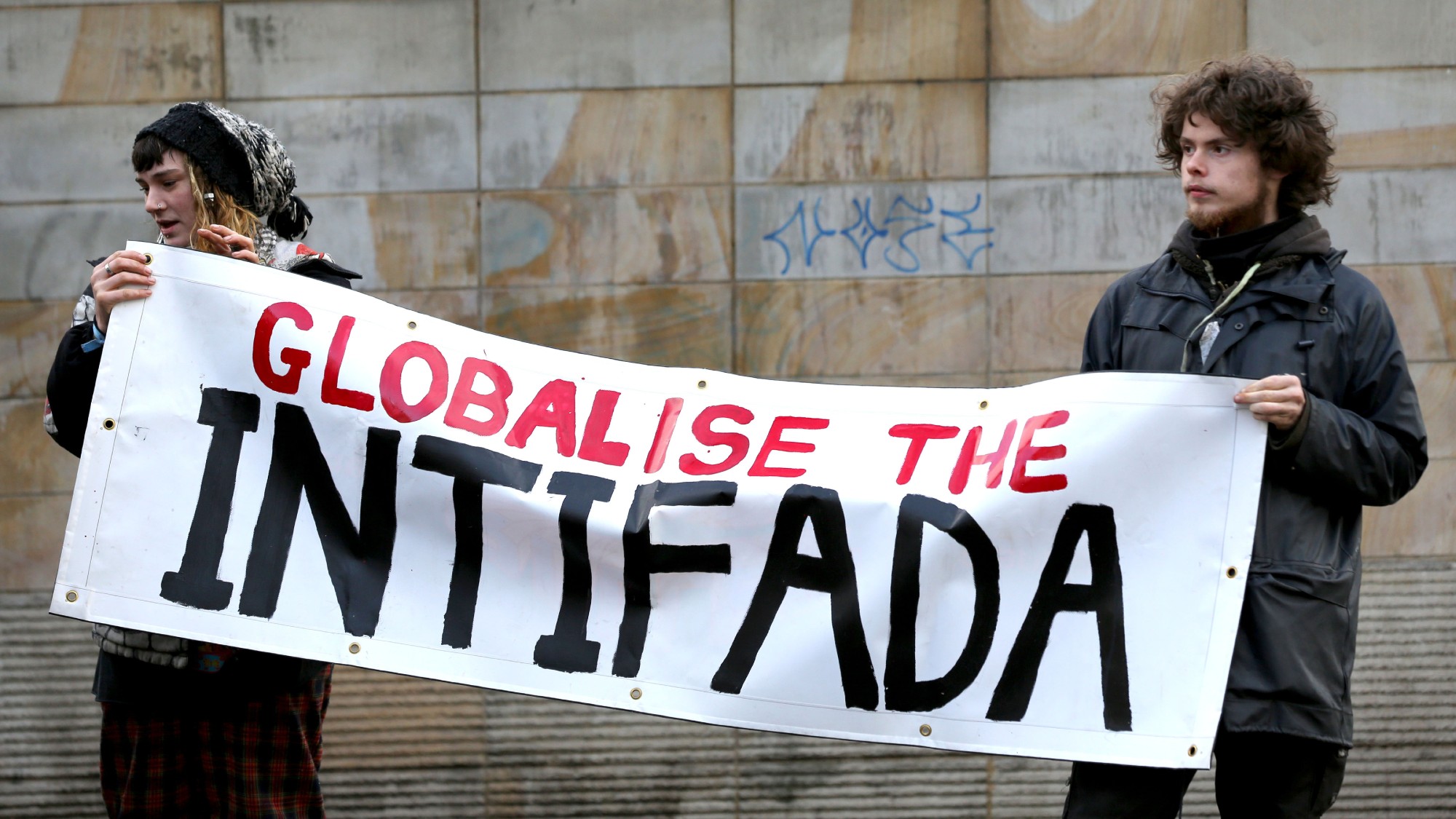 What is the global intifada?
What is the global intifada?The Explainer Police have arrested two people over controversial ‘globalise the intifada’ chants
-
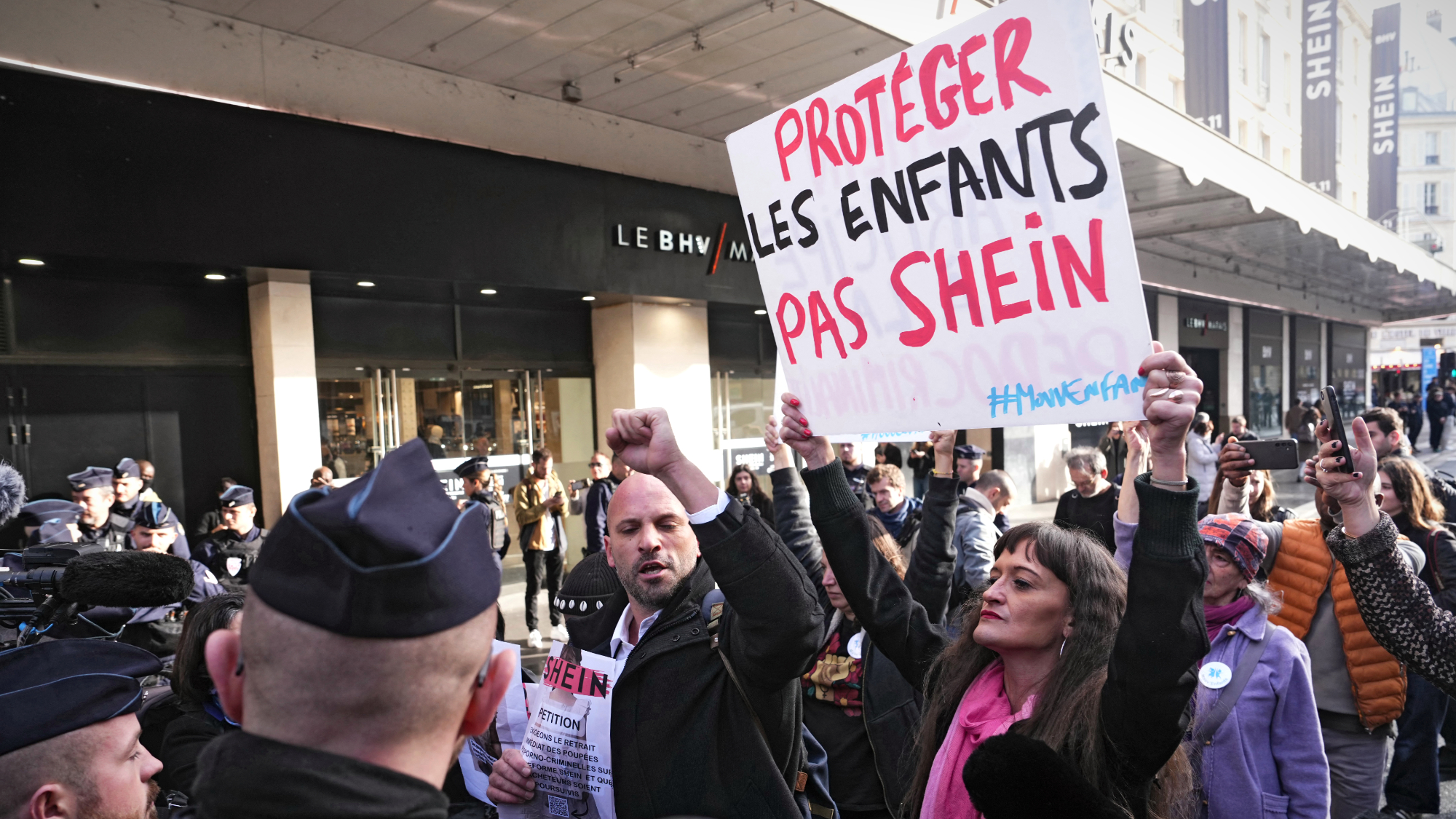 France targets Shein over weapons, sex dolls
France targets Shein over weapons, sex dollsSpeed Read Shein was given 48 hours to scrub the items from their website
-
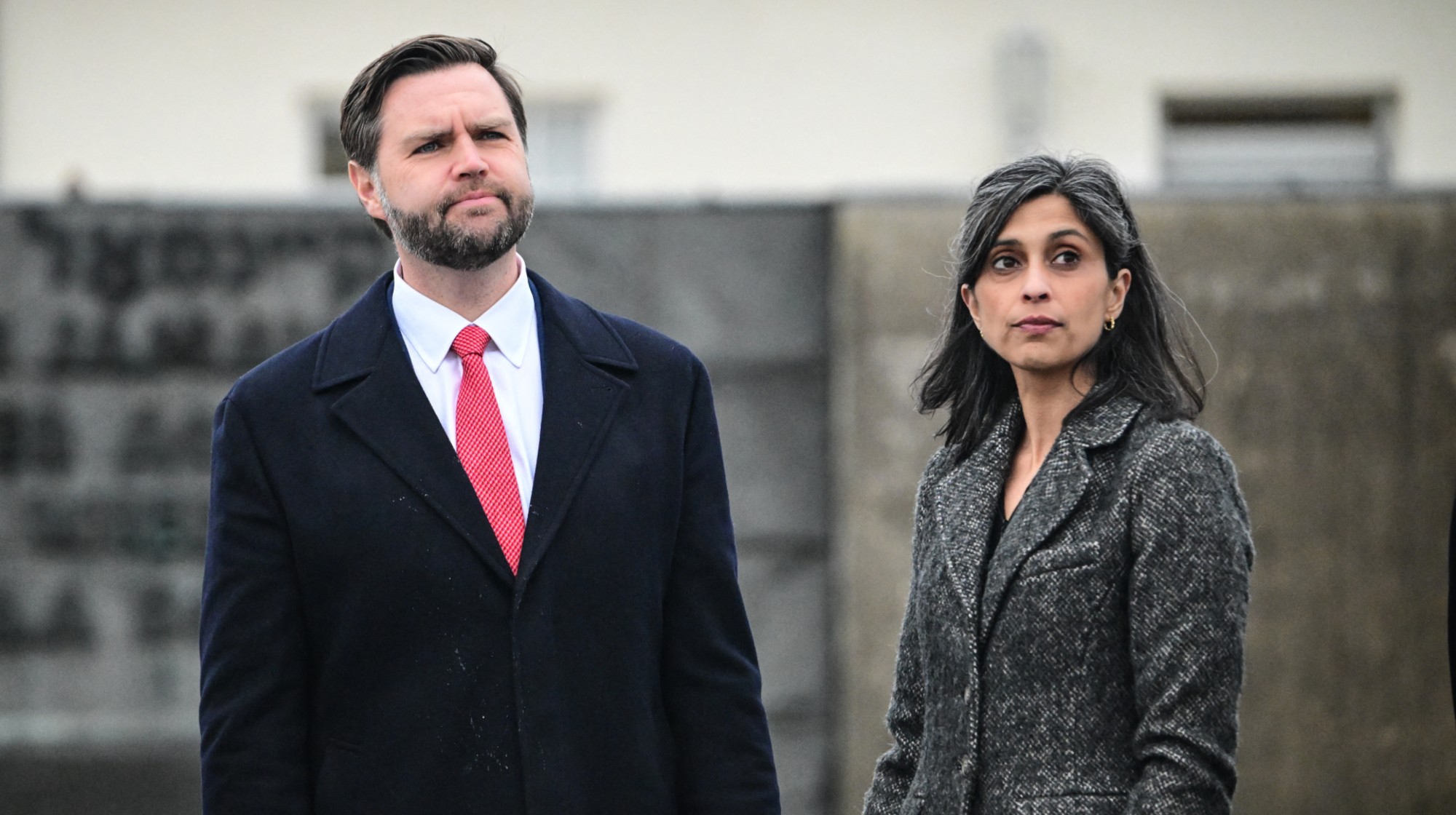 JD Vance wades into choppy religious waters about wife Usha
JD Vance wades into choppy religious waters about wife UshaTHE EXPLAINER By emphasizing his hope that the Second Lady convert to Christianity, the vice president is inviting controversy from across the religious spectrum
-
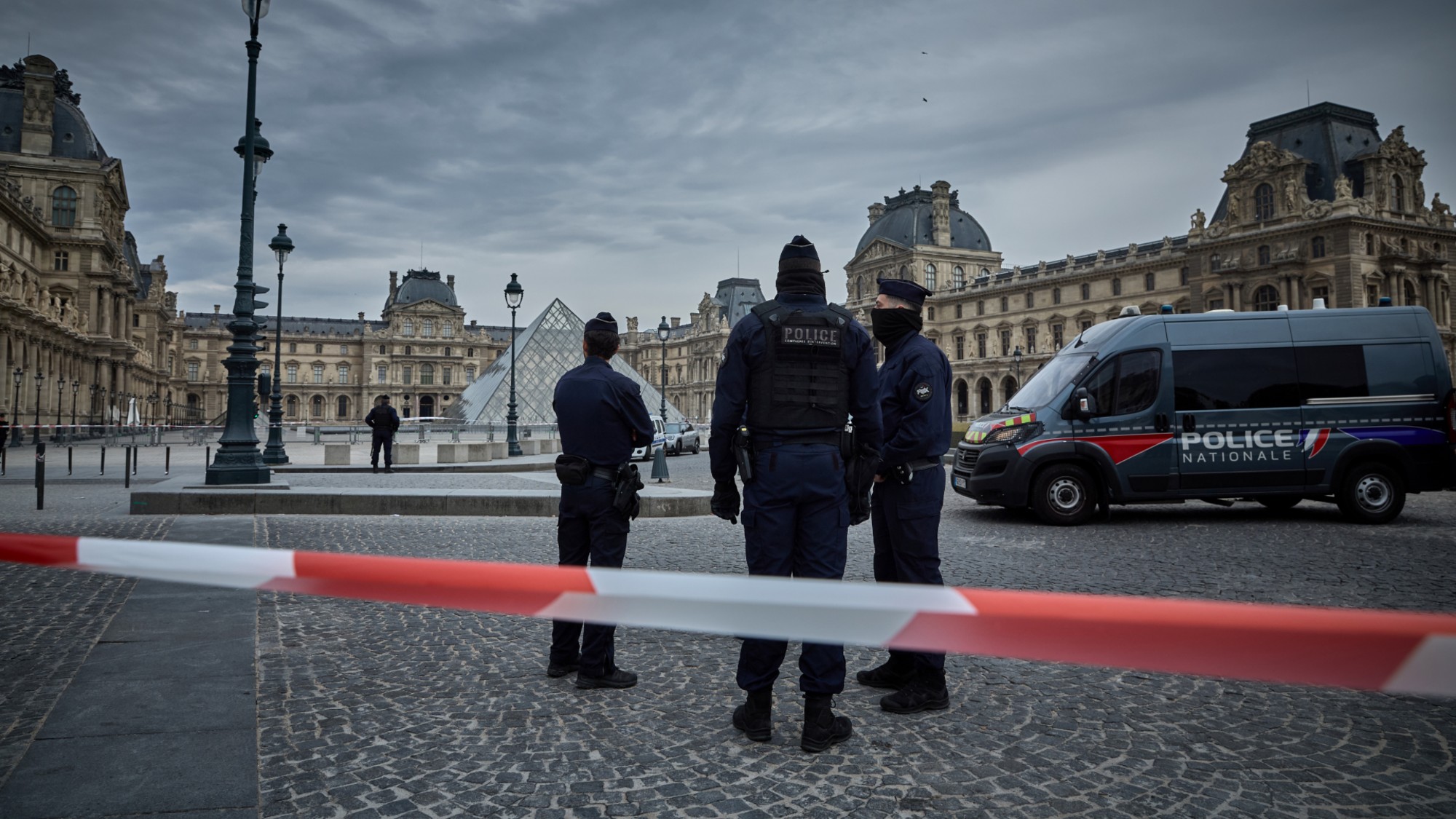 ‘France may well be in store for a less than rocambolesque future’
‘France may well be in store for a less than rocambolesque future’Instant Opinion Opinion, comment and editorials of the day
-
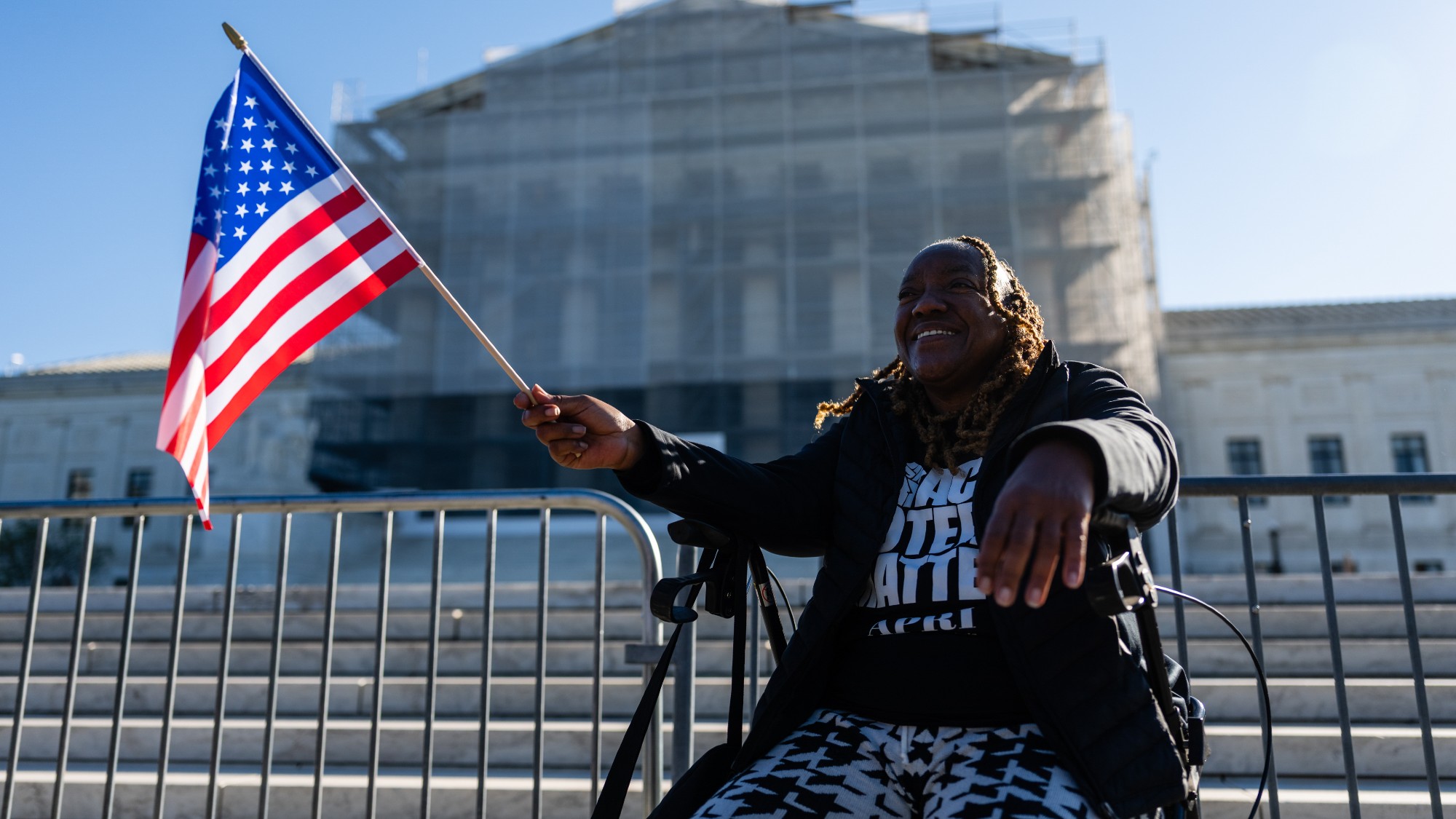 ‘An exercise of the Republicans justifying their racist positions’
‘An exercise of the Republicans justifying their racist positions’instant opinion Opinion, comment and editorials of the day